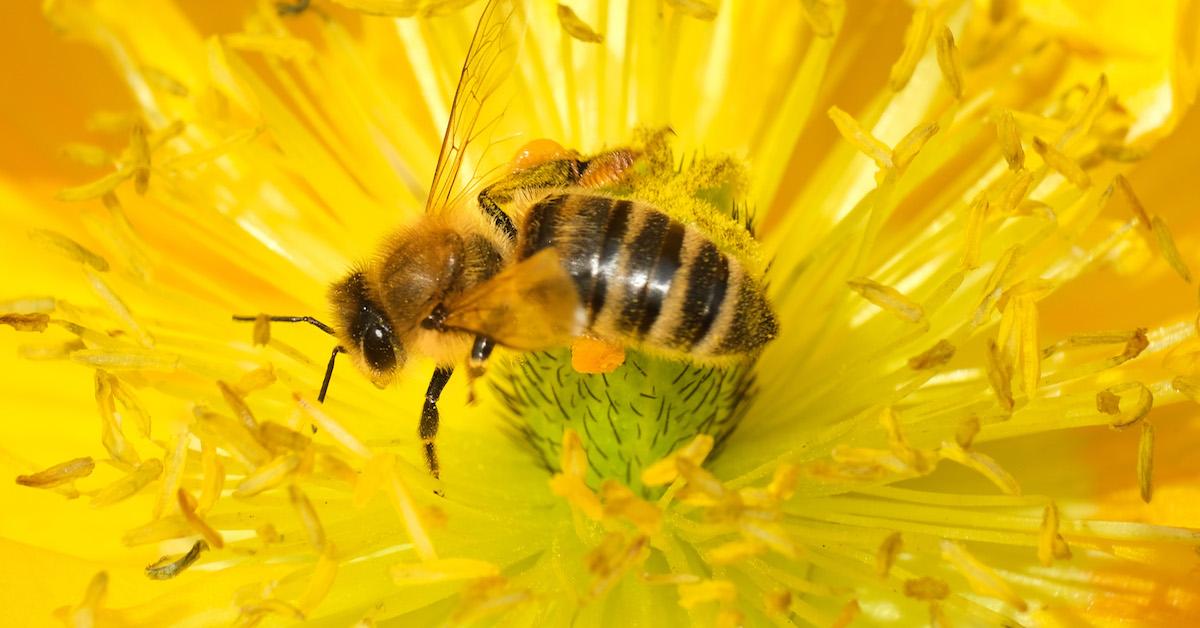Bees are important for many reasons.
Bees are important for many reasons.
Bees are insects that are known for their role in pollinating flowers and producing honey. There are more than 20,000 known species of bees, which can be found on every continent except Antarctica. Bees are a critical part of many ecosystems, as they help to pollinate plants and flowers, which is essential for the reproduction of many species.
Bees are social insects, meaning that they live in organized colonies or hives. The colony is led by a queen bee, who is responsible for reproducing and laying eggs. Worker bees, which are all female, are responsible for foraging for nectar and pollen, building and maintaining the hive, and caring for the young. Male bees, called drones, do not have stingers and do not participate in hive maintenance.
Bees are important pollinators, which means that they help to transfer pollen from the male part of a flower (the stamen) to the female part (the pistil). This process is necessary for the fertilization of many plant species and the production of seeds and fruit.
Unfortunately, bees and other pollinators are facing many challenges, including habitat loss, the use of pesticides, and the spread of diseases. It is important to support and protect bees and other pollinators to ensure the health and stability of ecosystems around the world.
Bees are important for many reasons. As pollinators, they help to fertilize plants and flowers, which is essential for the reproduction and growth of many species. This process is critical for the production of seeds, fruit, and vegetables, and is necessary for the maintenance of diverse ecosystems. In fact, bees and other pollinators are responsible for the pollination of approximately 75% of the world's food crops.
Bees also play a significant role in the economy. In addition to their role in agriculture, bees are also used to produce honey, beeswax, and other products. Beekeeping, or the practice of raising and maintaining bees for these purposes, is a common agricultural activity in many parts of the world.
Honey bees are the most commonly kept species for beekeeping, and they are found on every continent except Antarctica. However, other species of bees, such as bumblebees and stingless bees, are also kept for their pollination services and honey production.
Beekeeping can be done on a small scale, with a few hives in a backyard, or on a larger scale with hundreds or thousands of hives. Many beekeepers also sell beeswax, pollen, and other bee-related products in addition to honey.
Beekeeping requires a certain level of knowledge and skill to be successful. Beekeepers must understand the biology and behavior of bees, as well as the proper techniques for maintaining hives and harvesting honey. They also need to be aware of the challenges that bees face, including disease, pests, and the effects of pesticides.
Overall, bees are important for the health and stability of ecosystems, and beekeeping is an important agricultural activity that supports both the environment and the economy.


Comments
Post a Comment
If you have any doubts. Please let me know.